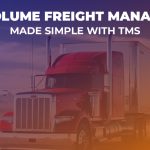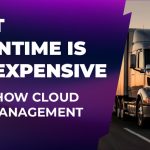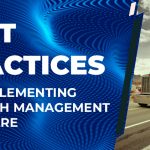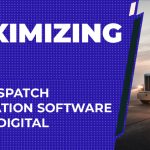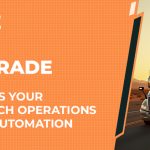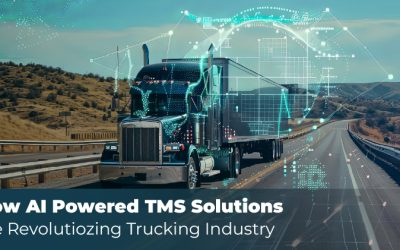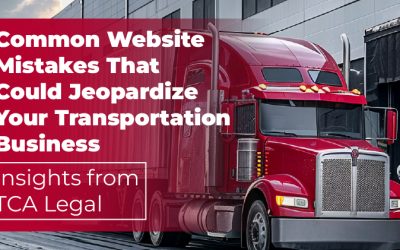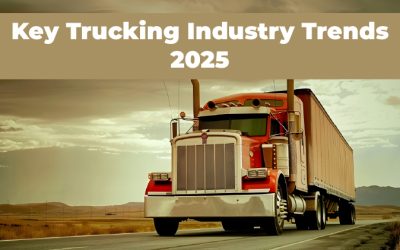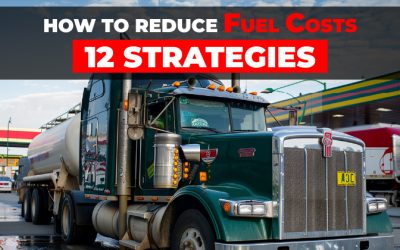As the world grapples with the ever-escalating challenges of climate change, reducing greenhouse gas emissions has become an urgent priority. Policymakers play a crucial role in shaping climate policies and regulations that can either accelerate or hinder progress toward emission reduction targets. In this blog post, we will delve into the question: “Are lawmakers serious about cutting emissions?” by examining various indicators of their commitment to climate action and the effectiveness of their initiatives.
We can significantly reduce supply chain emissions immediately by eliminating a century-old heavy-duty truck tax.
- Over the past 35 years, the trucking industry has made impressive progress in cutting emissions from truck tailpipes.
- We have reduced harmful NOx and particulate matter emissions by 99% and almost eliminated sulfur dioxide emissions.
- Additionally, we are on track to cut 1.37 billion metric tons of CO2 between 2014 and 2027.
However, a significant obstacle prevents more of these newer and cleaner trucks from being used today. It’s an old federal tax called the federal excise tax (FET) on heavy-duty trucks. This tax punishes trucking companies for upgrading their equipment, which slows down the adoption of cleaner trucks in the industry. By removing this tax, we can encourage trucking companies to switch to cleaner trucks and significantly reduce emissions from the supply chain.
Let’s look at the statistics: Almost half, around 47%, of the trucks in our country’s fleet are models from before 2010. In California, that number is even higher, with 53% of trucks being from the pre-2010 era.
Why it matters?
2010 was a crucial turning point in truck engine technology, as it brought about the standardization of selective catalytic reduction and diesel particulate filters. Trucks sold before 2010 emit approximately ten times more NOx and particulate matter than the ones sold today.
The solution to accelerate the transition to cleaner trucks lies in removing the federal excise tax (FET) that discourages the purchase of modern, clean trucks. This significant tax stands at 12%, making it the highest excise tax on any product in the economy.
- The impact of the FET is substantial. For instance, it adds around $20,400 to the cost of a new-generation, clean-diesel tractor priced at $170,000.
- For a more expensive zero-emission battery-electric tractor priced at $425,000, the FET increases the cost by an extra $51,000, making it even more financially burdensome for fleets.
This high cost imposed by the FET prompts fleet owners to hold onto older trucks for longer periods. Even those who wish to replace their fleet with cleaner trucks find it challenging due to the exorbitant costs, particularly when considering the inflationary pressures of recent years. It’s important to note that most U.S. trucking companies are small businesses with 10 trucks or fewer.
While there are promising emerging technologies, such as battery-electric trucks, widespread adoption depends on meeting significant infrastructure, product sourcing, and power generation requirements first. Therefore, removing the FET can be crucial in hastening the turnover to cleaner trucks and substantially reducing freight emissions and our nation’s carbon footprint.
The Need for Modern, Clean, and Safe Trucks Act
Congress can take immediate action through the Modern, Clean, and Safe Trucks Act (H.R. 1440 and S. 694), bipartisan legislation. By passing this bill, we can tap into the environmental benefits offered by existing technology today while addressing concerns about the higher costs of zero-emission trucks.
The federal excise tax (FET) on heavy-duty vehicles was introduced over a century ago to fund military spending during World War I. Repealing this outdated tax would speed up the replacement of our aging truck fleet with cleaner and safer vehicles. Modern trucks have life-saving features like automatic emergency braking, collision mitigation, blind spot warning, lane-keeping assist, traction control, and more.
As the nation enters another election cycle, many Americans hope Washington can find common solutions to complex challenges. Regarding climate issues, Congress should approach things differently, focusing on what’s possible, and take action now.
The benefits are clear. We can significantly reduce emissions immediately by repealing the century-old FET on heavy-duty vehicles. This will enable cleaner and safer trucks to leave the factory floors and dealer lots and actively contribute to a more sustainable future on America’s highways. Let’s seize this opportunity and make a positive impact on our environment and transportation sector.
Conclusion
In the face of the urgent climate crisis, reducing greenhouse gas emissions has become a paramount responsibility. Policymakers play a crucial role in shaping climate policies and regulations that can either accelerate or hinder progress toward emission reduction targets. The transportation sector, particularly the trucking industry, presents a significant opportunity for emission cuts. We can immediately reduce supply chain emissions by eliminating the century-old federal excise tax (FET) on heavy-duty trucks and accelerate the transition to cleaner and safer trucks.
The Modern, Clean, and Safe Trucks Act (H.R. 1440 and S. 694) offers a viable solution to promote the adoption of cleaner trucks, leveraging existing technology and driving us toward a more sustainable future. Removing the FET will alleviate financial burdens for trucking companies, paving the way for cleaner fleets on our highways and reducing the nation’s carbon footprint.
TMS-Digital, one of the top trucking software and solutions providers, is committed to sustainability and recognizes the critical importance of reducing emissions. As we advocate for environmental consciousness and embrace innovative solutions, we urge policymakers to take decisive action to support emission reduction efforts.
Join the movement for cleaner and safer trucks! Together, we can make a tangible impact on the environment and build a more sustainable future for future generations. Act now, and together, we can drive positive change in the trucking industry and beyond. Join us today!
